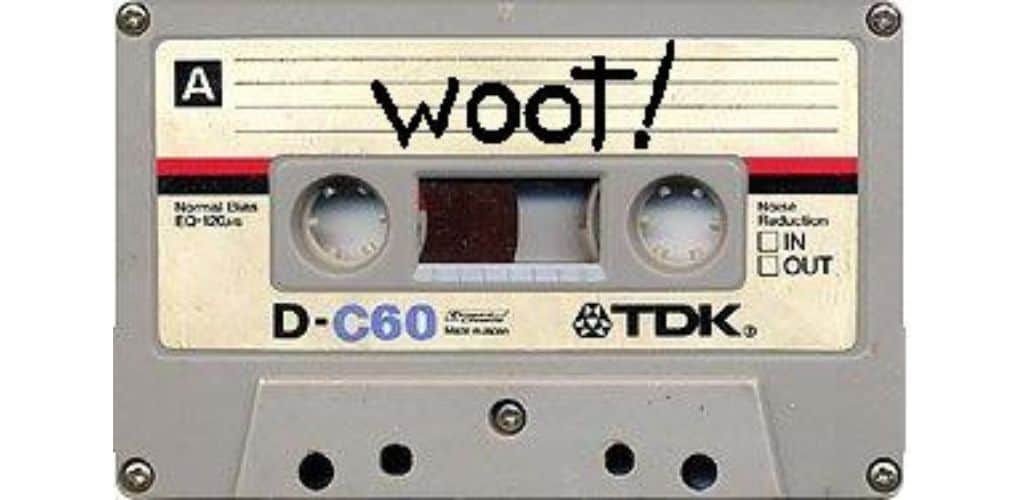A federal court jury in Delaware has awarded $15.1 million in damages to a company that claimed Google infringed two of its audio programming patents.
The patents at issue are US Patent Nos. 6,199,076 and 7,509,178. The first patent is for an “Audio program player including a dynamic program selection controller” and the second is for an “Audio program distribution and playback system.”
Plaintiff Personal Audio LLC sued Google in 2015, claiming that its Google Play Music software and Pixel tablets, which allow users to download editable content playlists, infringed on the audio player patents.
The plaintiff initially sought $33 million in damages and claimed that Google’s infringement was willful, which would justify enhanced damages of up to three times the actual damages.
The patents at issue date back to applications filed in 1996 by James Logan.
As Law360 reports,
The patents were related to a mail-order business Logan started that had involved selling personalized cassette tapes of recordings. The cassettes never caught on, but Logan’s ideas have had a long and determined second life in the courts.
As Bloomberg Law notes,
Federal law allows patent owners to file an infringement suit as many as six years after a patent has expired. Damages, however, are limited to the patent’s lifetime. Any such award is further limited to infringement that occurred during the six years immediately before the owner sued, according to Section 286 of the Patent Act.
Logan has claimed that he invented the concept of podcasts and has sued Apple and other companies for allegedly infringing his patents.
As Ars Technica reported, after Logan made his podcast claim
SanDisk is now a licensee to its patent portfolio. In all, Personal Audio has licensed “somewhere between one-third and two-thirds” of all MP3 audio players, the company’s licensing chief Richard Baker told Ars. Personal Audio has also licensed audio devices made by Motorola, Blackberry, LG, HTC, Samsung, and Amazon to the patents.
As NPR reported in 2013, in the 1990’s Logan tried to build an MP3 player and bring it to market. “It didn’t work out, but he did manage to put out a much lower-tech version of what he feels is the same idea.”
His idea was that users would be able to pick from a selection of newspaper and magazine articles, and his company would send them a cassette tape of those articles being read out loud.
(It’s not clear whether or how he addressed the issue that, unless he obtained licenses from all those publications, such recordings would likely infringe the copyrights of the publications.)
Logan reportedly invested more than $2 million of his own money in the failed business.
Logan told NPR that he almost forgot about his old audio patents until 2007, when his patent attorney was working on a project involving iTunes.
As NPR reported,
Personal Audio… sued Apple over the ability to create a playlist. The jury sided with Personal Audio and awarded it an $8.5 million payout. Apple appealed, Personal Audio appealed back, and there was a settlement of some kind. The results are not public.
The Electronic Frontier Foundation (EFF), a non-profit group, was so offended by the Logan podcasting patents that it held a fundraiser to attack them via the US Patent Office. More than 1000 people donated.
As the EFF noted in 2018 with respect to a different Logan patent than those at issue in the recent Google verdict,
Personal Audio claimed that the podcasters infringed U.S. Patent 8,112,504, which claims a “system for disseminating media content” in serialized episodes. EFF challenged the podcasting patent at the Patent Office in October 2013. We won that proceeding, and it was affirmed on appeal. Today, the Supreme Court rejected Personal Audio’s petition for review. The case is finally over.
Just a few weeks ago, Google was also ordered to pay $32 million in a patent infringement trial involving audio products manufacturer Sonos.
According to Courthouse News Service,
Google and Santa Barbara based-Sonos worked together several years before to help Google services function on Sonos’ brand of speakers. Sonos claimed Google then stole Sonos’ smart speaker technology for use in its own brand, Google Home, as well as other gadgets.
The latest case is Personal Audio LLC v. Google LLC, U.S. District Court for the District of Delaware, No. 1:17-cv-01751.
Just like the haiku above, we like to keep our posts short and sweet. Hopefully, you found this bite-sized information helpful. If you would like more information, please do not hesitate to contact us here.


